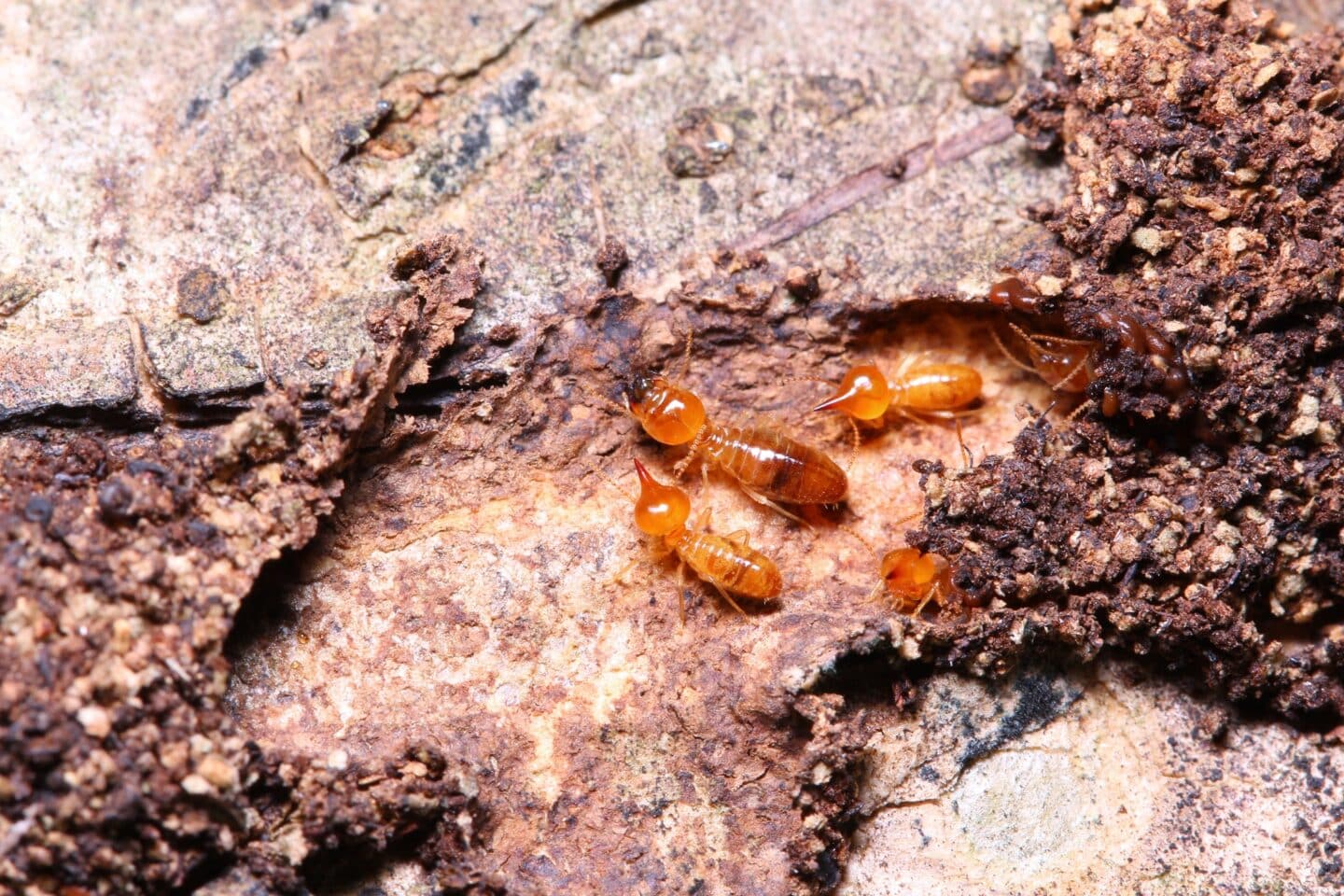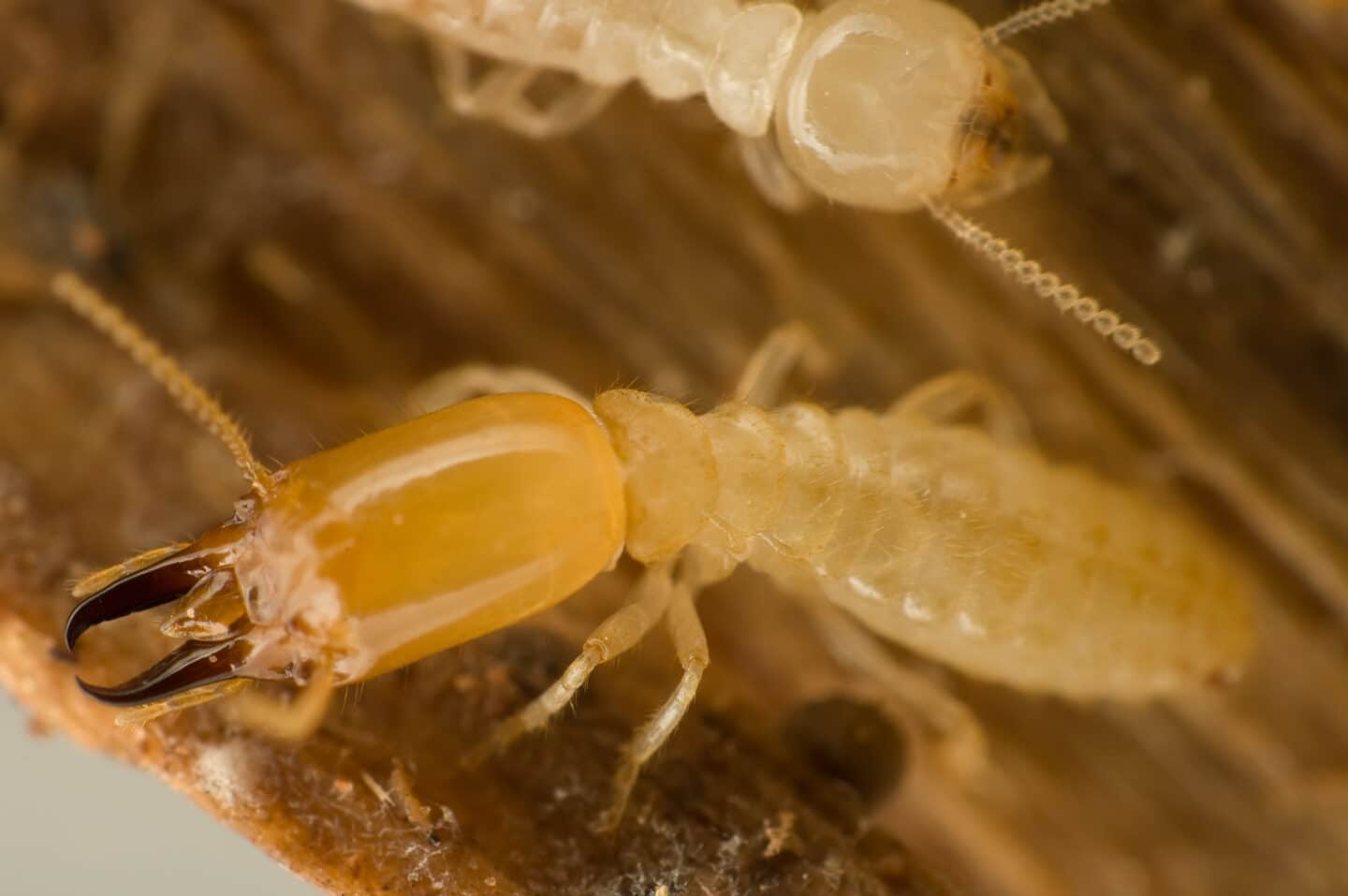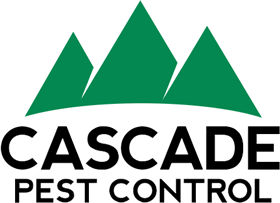Author: Kurt Treftz, Cascade Pest Control
While Washington state doesn’t have the highest incidence of termite infestations, we are not exempt from these nasty, destructive critters. Along with carpenter ants, termites are some of the most destructive insects impacting homeowners in the Pacific Northwest. They account for billions of dollars of damage to US homes annually. So, what should you do and do you need a termite inspection?
What termites do we have in the Pacific Northwest?
The Pacific Northwest is home to primarily two types of termites: dampwood and subterranean.

Dampwood Termites
Dampwood termites aren’t quite as much of a problem as they focus their efforts on damp wood (like rotten stumps and piles of wood in your yard or property), but they will leave your home alone unless you have a moisture problem. In fact, termites do play a role in a healthy ecosystem where they help to break down wood.

Subterranean Termites
Subterranean termites, on the other hand, are not so obvious in their attack. These are the termites that can do substantial damage if unchecked. Because they live underground, they can come up into your house in sneak ways that can largely go undetected. They carry their water source with them from the damp ground that they inhabit so they aren’t as restricted as dampwood termites.
What is a termite inspection?
A pest control professional can do a termite inspection to assess the presence and risk of termites in your structure. They are trained to spot signs that a home or business owner might miss. Termite inspectors will look for signs of a current infestation, but they will also assess past infestations and help gauge the weakness of those areas.
You can expect that a termite inspector will need access to crawl spaces, attics, eaves, and the perimeter of your home. In preparation for an inspection, it is courteous to move boxes/tools/etc away from walls in the garage & storage areas as well as trim back bushes and remove debris from exterior walls/foundation.
When do I need a termite inspection?
So, you might be wondering if you need a termite inspection. Here are a few recommendations for when a termite inspection is warranted.
1. Signs of Termites
If you see signs of termites, then get on the phone and call for an inspection. Nothing good comes from delaying. With termites, “waiting it out” is not a good strategy. Some signs to look for include:
- Mud tubes: Subterranean termites build mud tubes up into your home to access the wood of the frame but keep themselves protected and moist. If you see mud tubes coming up through cracks in your foundation, you might just have termites.
- Droppings, discarded wings, clicking sound: Termites can leave behind “frass” or termite excrement that is a sign of their presence. If you see little piles of “sawdust” in the corner of your garage, then you might have termites. In addition, discarded wings or even a click sound in your walls (from when soldier termites hit their head against the wood) can alert you to the presence of these destructive pests.
- Damaged wood: Buckling, blistering, or hollow-sounding wood can all tip you off to the presence of termites.
- Cracked or bubbling paint: Notice any cracked or bubbling paint. As termites cause damage to the frame, it can affect the drywall. As moisture and air get introduced, paint can bubble, peel, or crack. While this doesn’t necessarily mean an infestation of termites, it is one sign to look out for.
- Stuck windows and doors: If you have door frames & windows that seem to have buckled or doors that don’t shut like they used to. It might mean the presence of moisture – which can lead to termites.
- Live termites: If you see the actual termites, it is a pretty good idea to get an inspection. While there are seasons of the year when termites swarm and they might be living harmlessly in the woods next door, it is always better safe than sorry.
2. Selling or Buying a New Home
Termite inspections often come into play when you are buying or selling a home. Some states and/or mortgage companies will require that a property is certified termite-free before the sale. While there is some debate about when/who should do the inspection, it is never a bad idea for a seller to take care of this before the house even goes on the market. Then you are aware of any repairs that need to be done and can address them before a lender gets the willies and you lose out on a sale.
It gives you time to make arrangements and ensure the pests are gone so you can sell the property in good faith. And you don’t have to rush with a buyer on the hook. Everything runs more smoothly when you aren’t under a time crunch.
As a buyer, you will want to ensure that any property that you are purchasing has had a recent termite inspection done, even if it isn’t required by state or local law. Even if you have to pay for it yourself, it is money well spent in peace of mind, especially when you are making (probably) the largest purchase of your life.
3. A Known Termite Infestation in the Neighborhood
Another time when you might want to get a termite inspection is when you learn of a nearby infestation. If your neighbor has termites, you will probably want to ensure that they don’t migrate over to your place.
While proximity doesn’t mean that you will absolutely get infested too (there are other extenuating circumstances), it can be helpful to have a trained termite control professional look around and offer suggestions for keeping termites out of your space.
4. Peace of Mind
Whenever you have evidence that makes you suspect termites, it is never a bad idea to get help from the experts. Some areas with a higher risk of termites even suggest annual inspections to catch problems before they get out of hand.
Cascade Pest Control is happy to assist in your termite extermination needs. They have been serving Seattle and the surrounding Pacific Northwest area for over 40 years and have a proven record of dealing with all sorts of local pests. Call today at 888-989-8979 .
